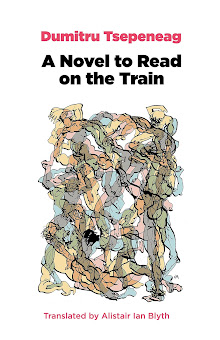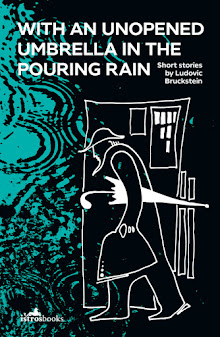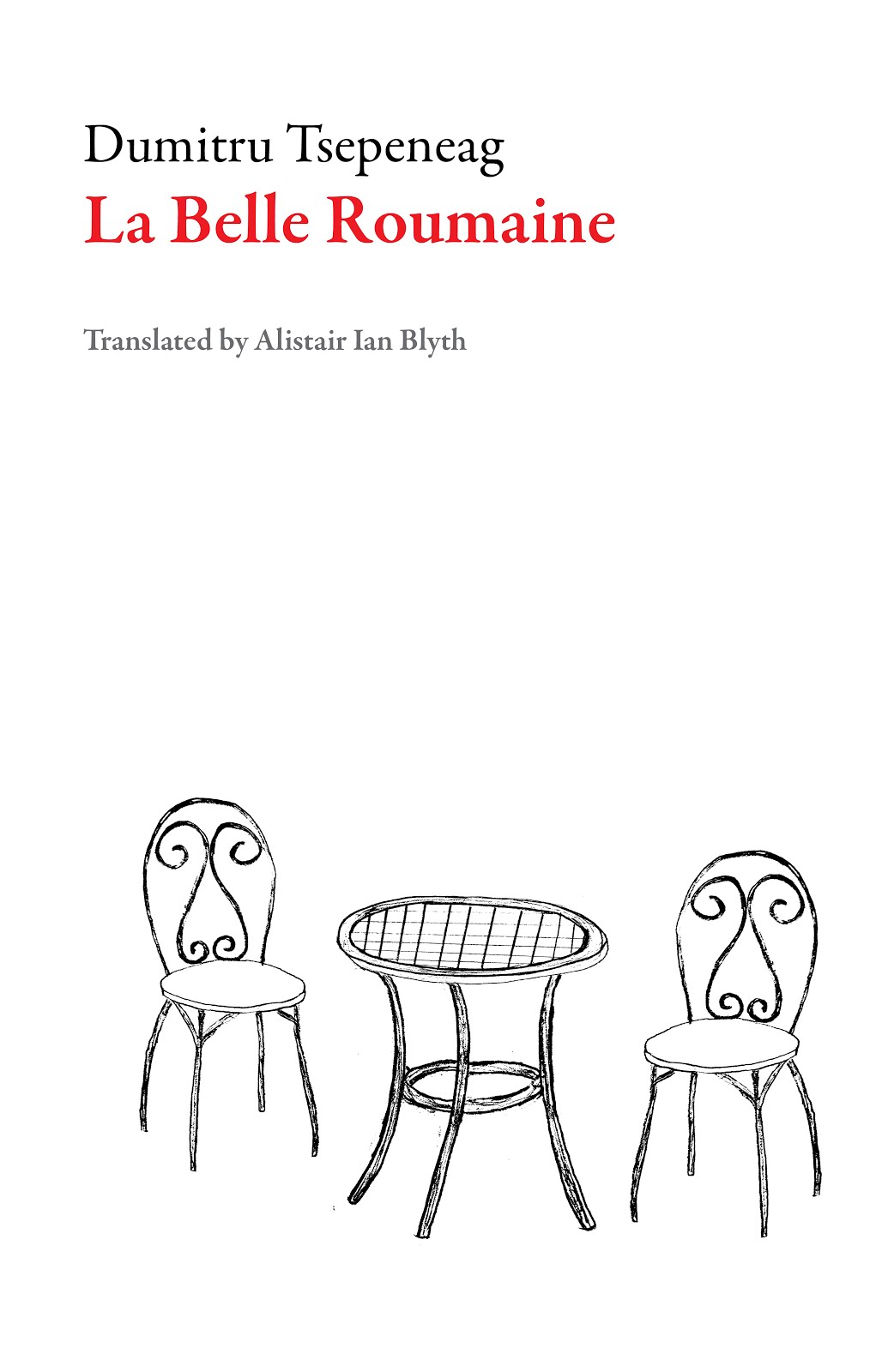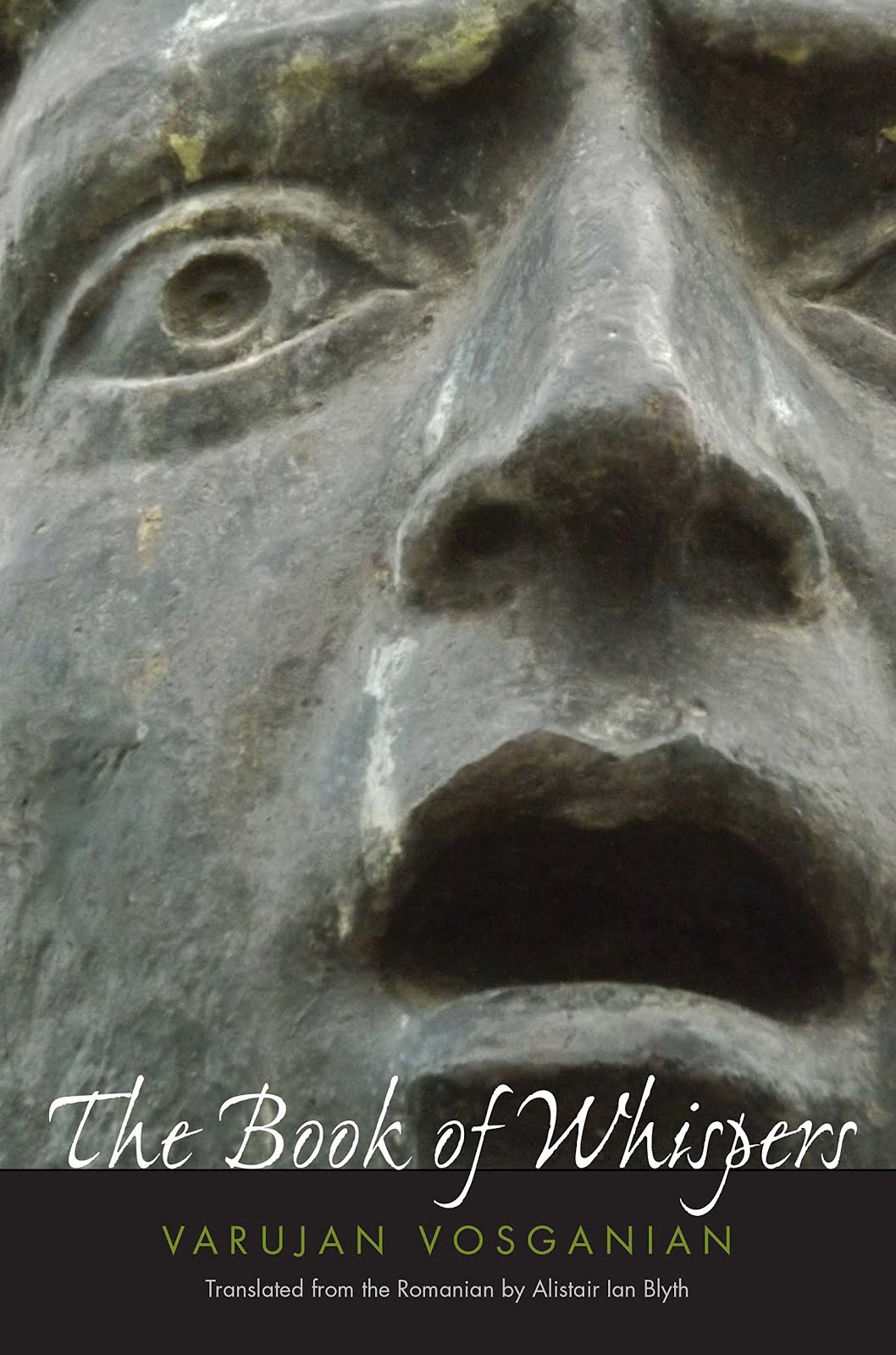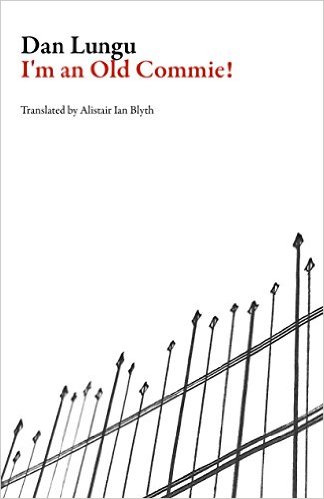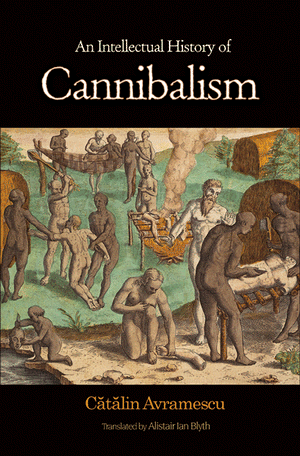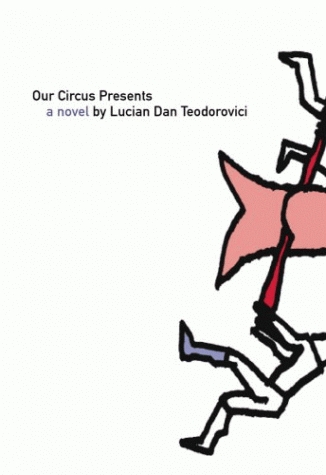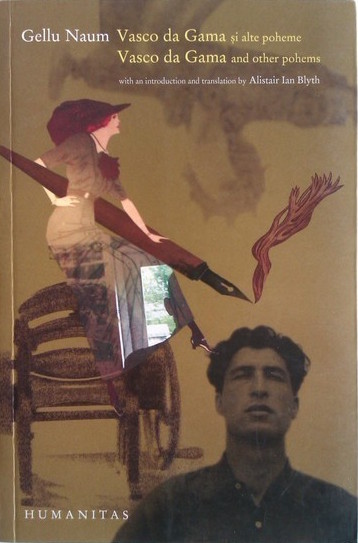Then humming thrice [Dr L----n] (1) assumed a most ridiculous solemnity of aspect, and entered into a learned investigation of the nature of stink. He observed that stink, or stench, meant no more than a strong impression on the olfactory nerves; and might be applied to substances of the most opposite qualities; that in the Dutch language, stinken signifies the most agreeable perfume, as well as the most fetid odour, as appears in Van Vloudel's (2) translation of Horace, in that beautiful ode, Quis multa gracilis etc. (3) -- The words liquidis perfusus odoribus, he translates van civet & moschata gestinken: that individuals differed toto coelo (4) in their opinion of beauty; that the French were pleased with the putrid effluvia of animal food; and so were the Hottentots in Africa, and the Savages in Greenland; and that the Negroes on the coast of Senegal would not touch fish till it was rotten; strong presumptions in favour of what is generally called stink, as those nations are in a state of nature, undebauched by luxury, unseduced by whim and caprice: that he had reason to believe the stercoraceous (5) flavour condemned by prejudice as a stink, was, in fact, most agreeable to the organs of smelling; for, that every person who pretended to nauseate the smell of another's excretions, snuffed up his own with particular complacency [...] he affirmed, the last Grand Duke of Tuscany, of the Medicis family, who refined upon sensuality with the spirit of a philosopher, was so delighted with that odour, that he caused the essence of ordure to be extracted, and used it as the most delicate perfume: that he himself (the doctor) when he happened to be low-spirited, or fatigued with business, found immediate relief and uncommon satisfaction from hanging over the stale contents of a close-stool (6), while his servant stirred it about under his nose; nor was this effect to be wondered at, when we consider that this substance abounds with the self-same volatile salts that are so greedily smelled to by the most delicate invalids, after they have been extracted and sublimed by chemists.
Tobias Smollett, The Expedition of Humphry Clinker (1771)
(1) Diederich Wessel Linden, German physician who practised at Bristol Hot Wells, author of A Letter to Dr Peter Shaw, concerning a very useful Discovery and considerable improvement in the black epileptical powder (pulvis epilepticus niger), London , 1746, and other works concerning the therapeutic properties of spa water
(2) i.e. Joost van den Vondel (1587-1679)
(3) Horace, Odes I.5: Quis multa gracilis te puer in rosa / perfusus liquidis urget odoribus / grato, Pyrrha, sub antro? (What slender youth drenched in perfume clasps you, Pyrrha, in heaps of roses within a delightful cave?)
(4) utterly, lit. by the whole heavens
(5) Lat. stercoraceus, from stercus dung, faeces
(6) a piece of furniture enclosing a chamber pot, typically a type of chair or small chest having a lid concealing a seat with a hole used in the same way as a toilet (OED)
(3) Horace, Odes I.5: Quis multa gracilis te puer in rosa / perfusus liquidis urget odoribus / grato, Pyrrha, sub antro? (What slender youth drenched in perfume clasps you, Pyrrha, in heaps of roses within a delightful cave?)
(4) utterly, lit. by the whole heavens
(5) Lat. stercoraceus, from stercus dung, faeces
(6) a piece of furniture enclosing a chamber pot, typically a type of chair or small chest having a lid concealing a seat with a hole used in the same way as a toilet (OED)



